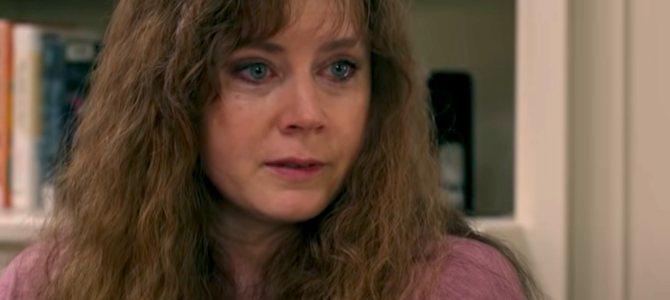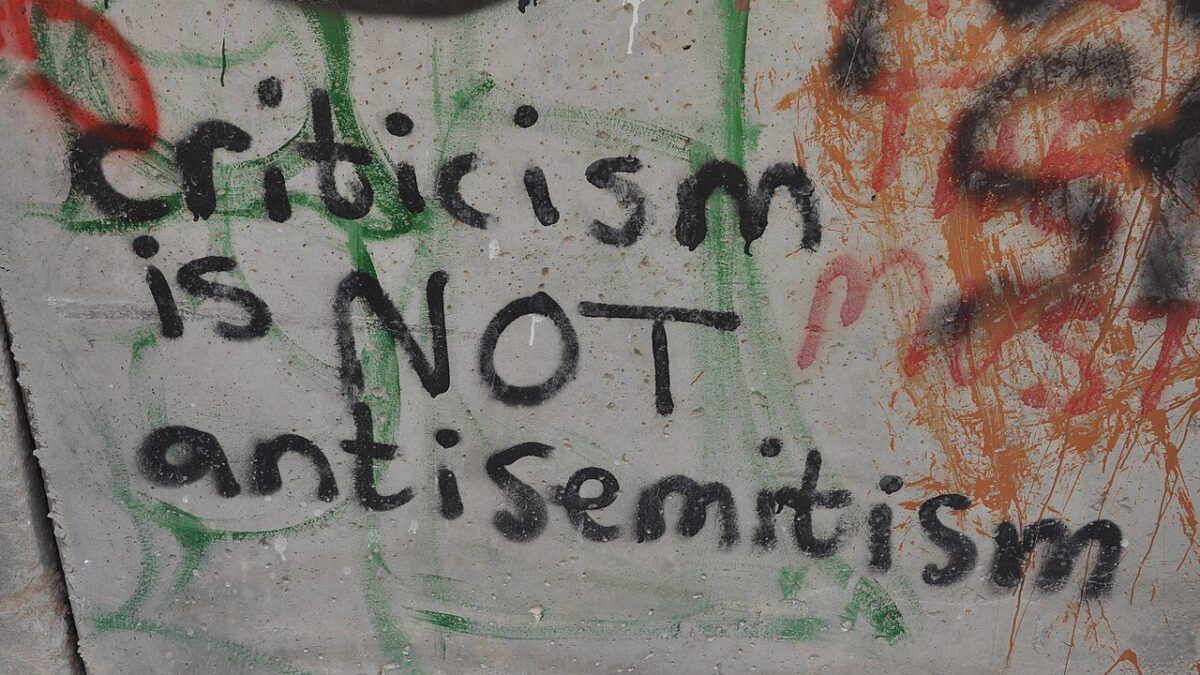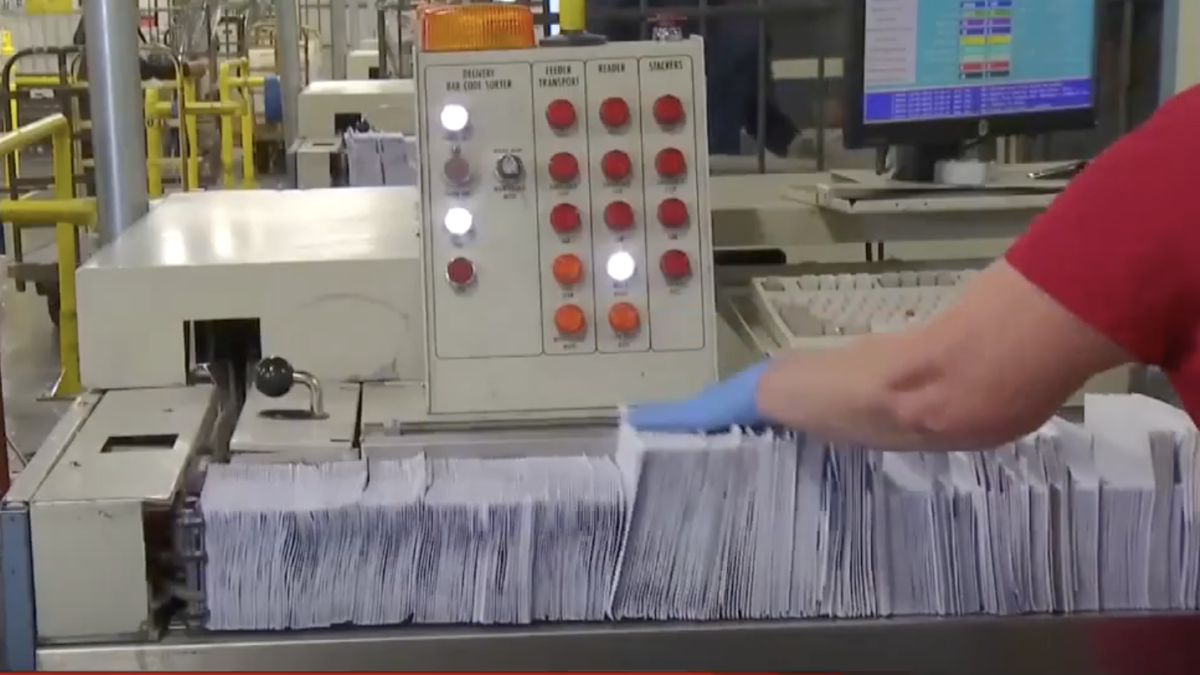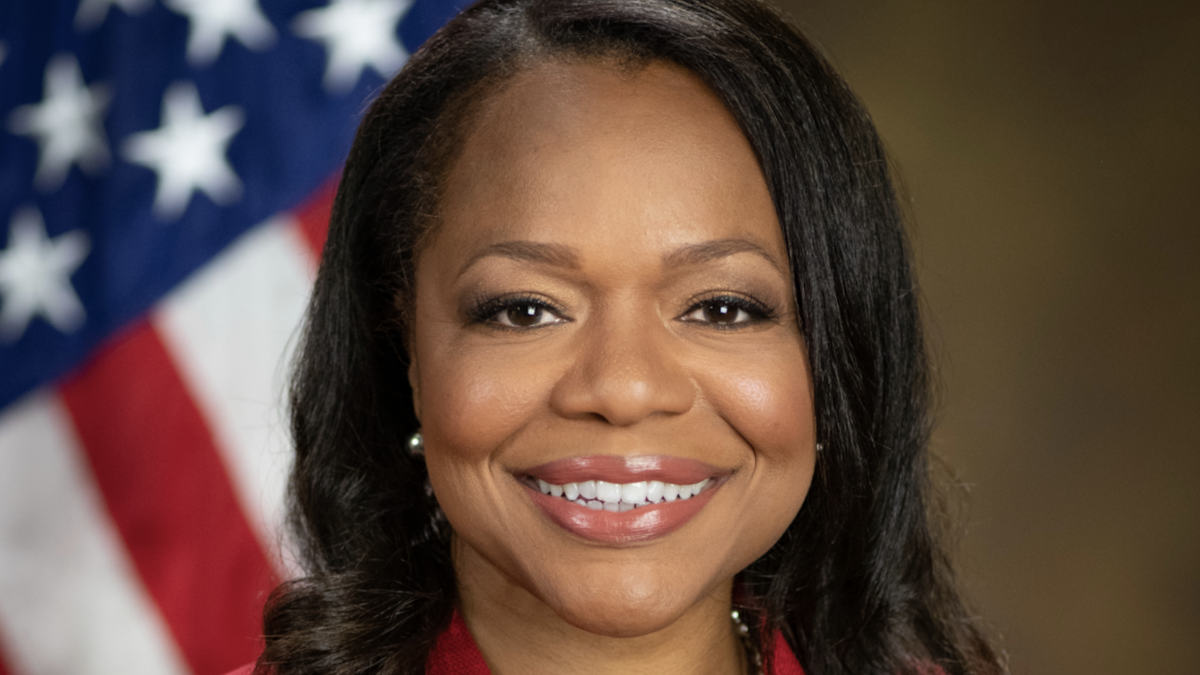
Perhaps the reason critics so often get under our skin is that they’re not always wrong. In the case of “Hillbilly Elegy,” the Ron Howard-directed Netflix feature film based on the bestselling 2016 memoir of the same name, a recurring criticism is that the book’s sociopolitical commentary was all but excised from the movie.
This is a fair point, since “Hillbilly Elegy” isn’t exactly a rags-to-riches, pull-yourself-up-by-your-bootstraps tale of inspiration. Instead, it’s a harrowing, true-life, insider’s look at how Appalachian America has entered a tailspin of self-destruction from which it seemingly cannot escape.
The story’s central figure, J.D. Vance, is one of the fortunate few to have found a way to break the cycle, but he still finds his cultural and familial legacy is something that, for better or worse, will always stay with him.
‘Hillbilly Elegy’ Tells a Tragic Human Story
The film adaptation certainly omits the broader commentary of the book, which means those who have read it might be disappointed or find the movie something of a different story. It becomes clear, however, that the movie wasn’t necessarily made for those who read the book. Just as a young Vance speaks of marijuana in the film, so this on-screen adaptation is a “gateway drug” — a way for audiences to become introduced to Vance and his story and to cultivate an interest in learning more about its central sociopolitical themes.
In fact, to criticize the film for omitting politics and hot-button issues is ironic, particularly for conservatives. After all, what we often hear from the right is that Hollywood, or near everything, has now become politicized to the left’s satisfaction.
It’s thereby refreshing to watch a movie with such strong sociopolitical undertones so effectively sidestep these tough questions, saving them for another day. Nor did we get a politically correct adaptation, rewritten to conform to the sensitivities of the self-described “open-minded” elite. Instead, what we have is a tragic human story, intended for audiences to empathize with, if not relate to, on a gut level.
Drugs is a topic on which the movie spends a lot of time, with a focus on Vance’s upbringing under his addict mother, Bev. The associated scenes are among the most difficult to watch in the film, for we cannot imagine how anyone can grow up in such an environment. It is endlessly infuriating to see Vance’s mother treat herself and her family as she does.
At the same time, however, one cannot help but pity Bev, for the drugs aren’t all that is keeping her down. A legacy of familial dysfunction and social decay has created a perfect storm that chews up and spits out anyone unfortunate enough to be caught in its powerful winds.
The only true source of guidance and stability in Vance’s life is his grandmother, whom he affectionately calls “Mamaw.” Tough yet fiercely devoted and loving, she is the embodiment of Appalachia’s best traditions, although she too is saddled by the weight of an unpleasant family history, dashed hopes and dreams, old age, and poor health.
In some ways, Mamaw is the heart and soul of the story. She has arguably the greatest effect on Vance’s life and teaches him lessons his own mother and a nonexistent father failed to impart. Again, however, consistent with the dualistic nature of the story, viewers can’t help but assess that her tough-as-nails attitude and seemingly effective parenting of Vance is a product of extreme hardship and pain endured over decades.
Where the Film Falls Short
“Hillbilly Elegy” is a story of endurance, of how much hardship and pain a person can bear without giving up. A key theme of both the book and the movie is the fact that so many in Appalachia have given up hope and are turning to substance abuse or suicide to escape. It often takes the iron will of a Mamaw Vance and faith in the idea of family to have any chance of escaping from the abyss.
This is exemplified through Mamaw’s refusal to give up not only on her grandson, but on her daughter, Bev, despite her constant failures. Mamaw doesn’t just say, “Family’s the only thing that means a G-d d-mn”; she embodies it through her actions.
Even though Mamaw lives apart from her longtime husband, Vance’s Papaw, he remains an integral part of their lives up until his passing, which happens early in the film. A history of abuse and domestic violence isn’t enough to shatter bonds forged in fire, proving all these folks really have is one another.
The movie does miss the mark in how it depicts Mamaw finally dying. Rendered as a gut-punch in the written memoir, the movie treats her death as a mere inevitability. Given the length of the film and the need to focus on other characters, however, glossing over Mamaw’s death was likely a calculated trade-off that, nonetheless, took some of the emotional punch out of the film.
Other parts of Vance’s story, particularly his service in the U.S. Marine Corps and deployments to Iraq in the 2000s, are noted but unexplored, again owing to the movie’s already considerable length and focus on Vance’s relationship with his mother. This makes the film seem like an incomplete story for those who’ve read the book, but it also accentuates its “gateway” nature. Those who want to learn more about this part of Vance’s life will simply have to make time to do so.
The Actors Who Bring the Movie to Life
“Hillbilly Elegy” affirms Amy Adams and Glenn Close as two of the greatest performers of their generation. Both actresses pour everything they have into their respective roles, without an inch of overacting. Their performances alone are worth the film’s almost-two-hour length, as they bring Bev (Adams) and Mamaw (Close) alive in ways the book was unable to.
Seeing them in the flesh captures, in every emotion imaginable, exactly what Vance had to live with growing up. Coupled with other strong performances, including Haley Bennett as Vance’s similarly devoted older sister, “Hillbilly Elegy” isn’t a depiction of caricatures but of living, breathing humans.
To some, the movie is nothing with or without its politics — a failure, in either case. Add in the fact that the real-life Vance is very much a conservative, and you have a modern-day “Triumph of the Will.” Anyone who shares either assessment isn’t the audience for such a film, but for those genuinely interested to see how their fellow Americans live far outside the major metro areas, “Hillbilly Elegy” is a raw, real, and painful glimpse into one man’s struggle to escape, yet hold on to, the people and place that made him who he is today.
If a movie can make people less judgmental of others based on politics, that’s progress, isn’t it?









